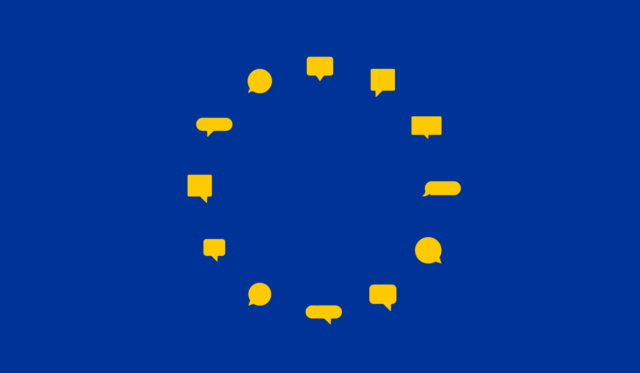JAA Chief Digital Officer Nick Smith considers Meta’s recent ban on Political, Electoral and Social Issue Advertising in the EU. The move sidesteps new regulations designed to increase transparency in online campaigning, with Meta citing legal and operational hurdles.
Once again, Meta has dropped a bombshell on the charity sector. Its recent decision to halt Political and Social Issue advertising across the EU lands at the worst possible time. Just as the sector contends with rising global instability, political turbulence, and humanitarian crises of a scale and complexity rarely seen before.
For years, Meta’s platforms have been a cornerstone of the sector’s digital presence – essential for both raising awareness and driving fundraising. NGOs have been often the only voices drawing global attention to conflict zones, human rights abuses, and environmental injustice. That crucial work just got significantly harder in the EU.
A Long-Standing Challenge for Charities
This isn’t a new challenge. Meta’s ad platform has a troubled past with bad-faith advertisers and disinformation campaigns. In response to which Meta rightly introduced rigorous restrictions to ensure transparency; who funds an ad, who is targeted, and whether an advertiser has a legitimate, local presence.
Unfortunately, those charities working in politically adjacent or sensitive areas, have consistently been caught in the crossfire. While seeking only to highlight urgent global issues, they’ve faced the same restrictions as political actors, limiting where, how, and what they can promote.

The Regulatory Backdrop: DSA and TTPA
With the EU’s Digital Services Act (DSA) now in force – and the Transparency and Targeting of Political Advertising Regulation (TTPA) on the horizon – compliance has become more burdensome than ever. Meta cites the requirement to track and publish detailed ad libraries, financial funding disclosures, and targeting parameters as not only technically unmanageable, but potentially conflicts with privacy regulations like the GDPR.
Oh the irony. Rather than invest in costly compliance infrastructure, Meta has effectively opted out – shutting down the most regulated forms of advertising across a major global market.
A Political Power Play?
There’s a broader political lens here too. Where it gets possibly juicier, and as so well documented in Sarah Wynn-Williams book recent book, Meta’s role in political kingmaking is well known. The same governments Meta ads helped get into office, have firmly set their stall out for increasing digital regulation.
One can easily see a case for the proverbial two fingers from Meta. Taking away the toys the majority of political parties are so reliant on, come election time. If one was feeling even more mischievous, throw Zuckerberg and Trump’s blossoming relationship into the mix and it’s just another card to play (or argument to have) in EU-US trade negotiations.

Preparing for a Post-Meta Landscape
For now, UK-based charities sit outside the scope of the EU’s digital regulation. But the concern is real. If Meta views compliance in one market as a cost not worth carrying, what’s to stop it from making similar decisions elsewhere?
Charities must prepare for a future in which access to paid digital media on platforms they’ve relied on for years is no longer guaranteed. The need for diversification in digital media plans has never been greater.



